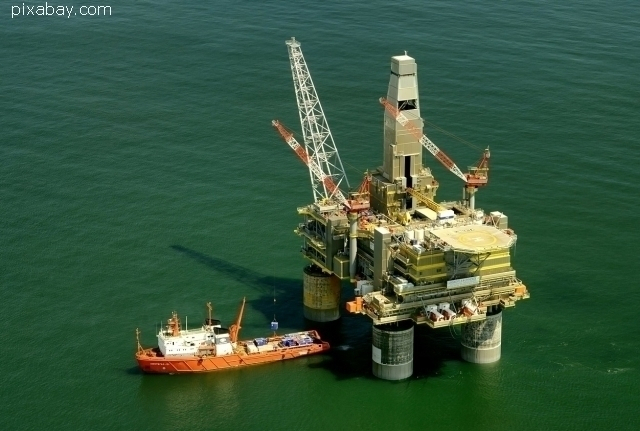Romania: energy independence?
Experts predict that, after the Black Sea extraction work begins, Romania will no longer need to import natural gas from the Russian Federation

Bogdan Matei, 08.05.2018, 13:24
The good news is that, unlike in many other European countries, Romania’s domestic output already meets most of the country’s natural gas demand. The even better news is that it will no longer need any gas imports from Russia, once the extraction works begin on the Black Sea continental shelf. This is the conclusion of a study made public by the former Energy Minister Razvan Nicolescu, today an expert with the well-known Deloitte agency. He explained that offshore perimeters may yield a total of 170 billion cubic metres of gas, that is an annual average of 5 billion cubic metres.
Investments in the hydrocarbon industry on the Black Sea will bring 26 billion US dollars in revenues to the state budget and an additional 40 billion US dollars to Romania’s GDP until 2040. The estimate, which is more guarded than that of the Romanian authorities, relies on technical data concerning offshore extraction operations in the Gulf of Mexico, which were similar to the ones at the Black Sea. Razvan Nicolescu:
“As far as the deposits are concerned, the authorities said they amount to 200 billion cubic metres. We say we’re talking about 170 billion, according to our calculations. The European Commission, in its impact surveys, points to a steep increase in natural gas prices. We estimate there will be an output surplus, which will have a positive impact on the competition and will slow down the increase of prices in Romania.”
Once the exploitation of natural gas in the Black Sea initiated, each dollar invested there will triple, through either direct or indirect effects or in related sectors. Because, as Deloitte experts emphasise, this is not only about selling the actual gas, but about the entire industry involved. Here is project coordinator Sorin Elisei:
“The investment will amount to 22.2 billion US dollars. The implementation of these projects, in all their 4 stages, will support an annual average of over 30,000 jobs. The combined revenues to the state budget will reach 26 billion US dollars, and we’re also talking about over 70 billion US dollars in additional output generated thanks to these investments.”
Deloitte estimates that 65% of the natural gas will stay in Romania and the balance will be exported, thus consolidating Romania’s position on the European natural gas market. Sorin Elisei again:
“Out of the 28 member states, I believe we are only behind Estonia and Denmark in terms of dependence on resource imports. And I think we might even improve this already honourable position.”
The predictions made by Deloitte are good news not only to economic analysts, but also to foreign policy experts. The latter say that Moscow has repeatedly used Europe’s dependence on Russia’s hydrocarbons for political and geopolitical purposes, and add that identifying and capitalising on alternative sources of oil and natural gas is vital.
(Translated by A.M. Popescu)






























